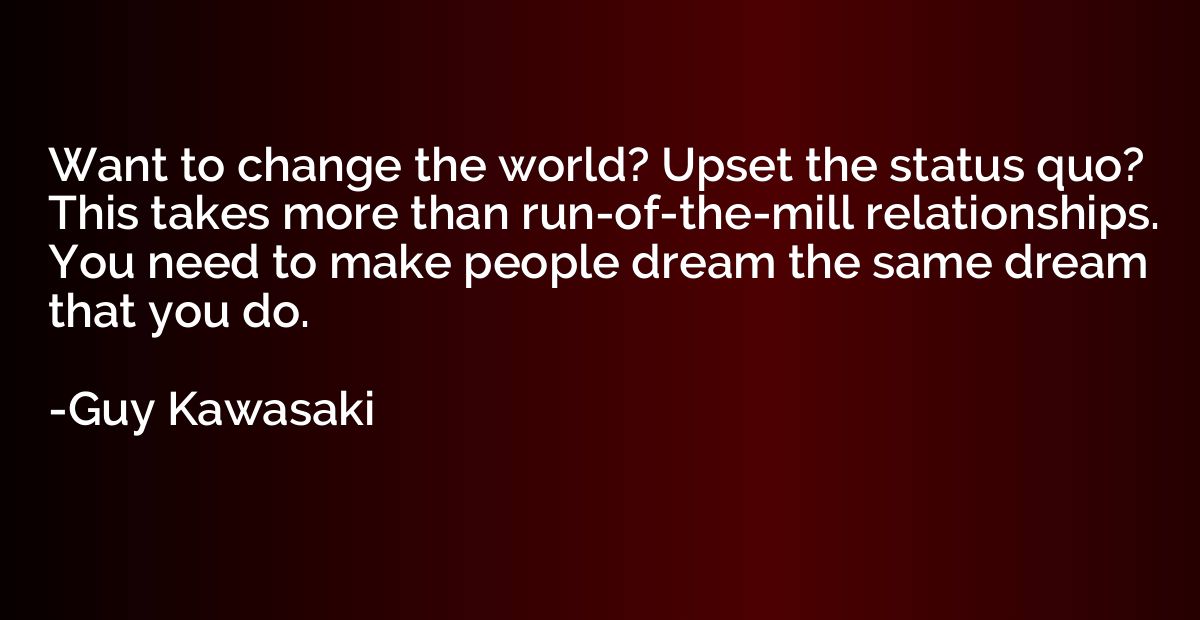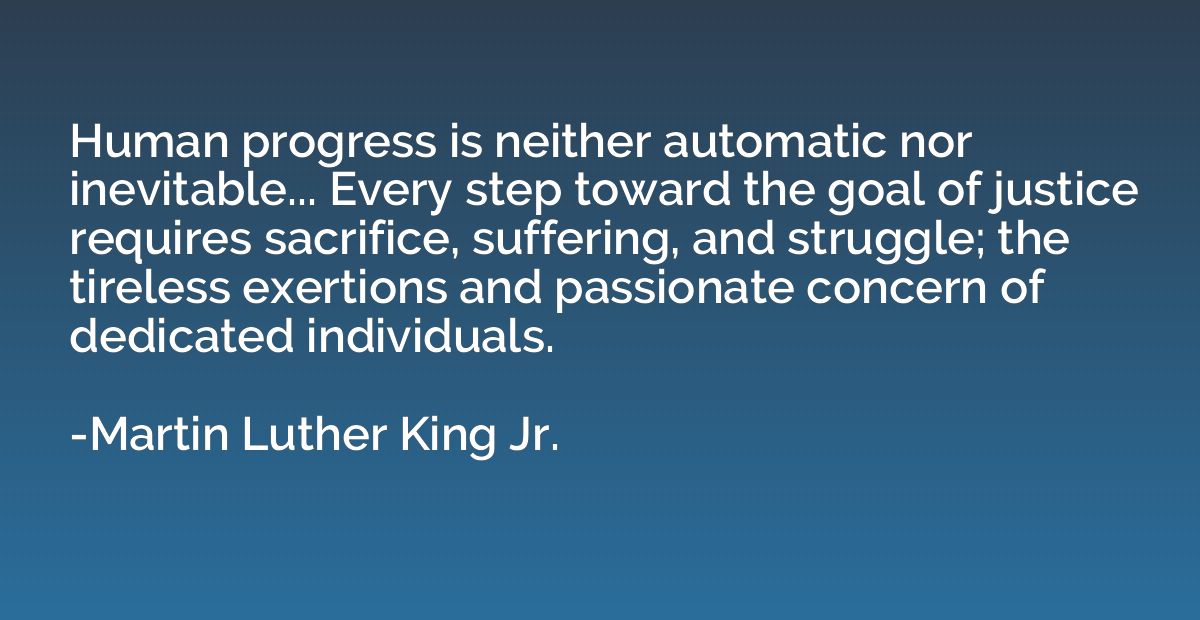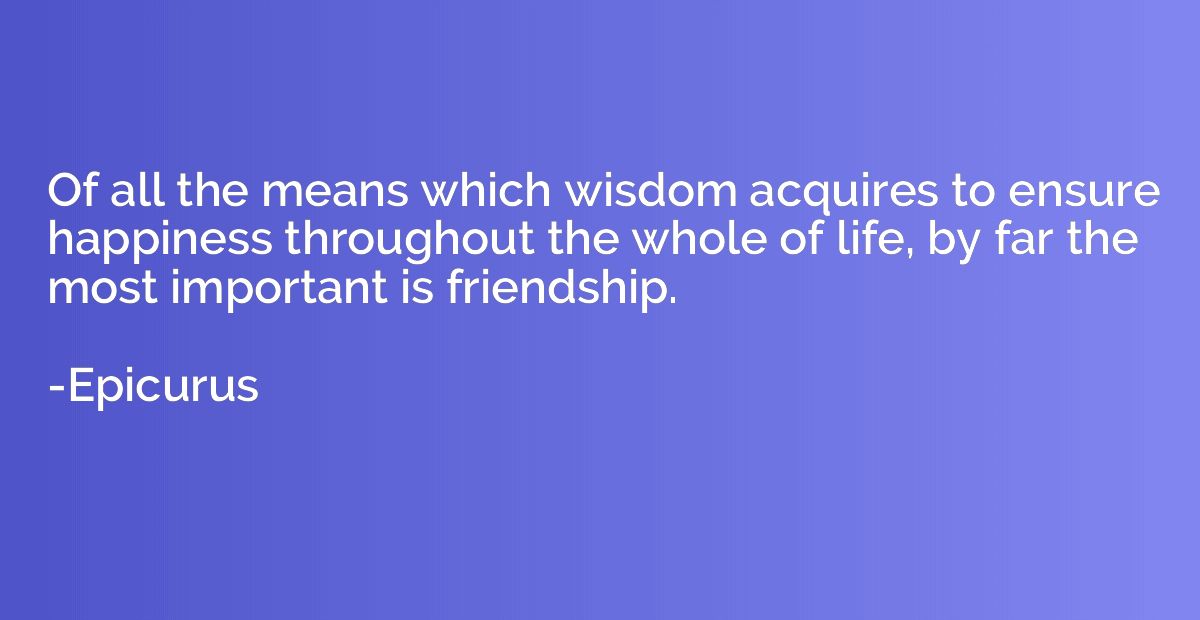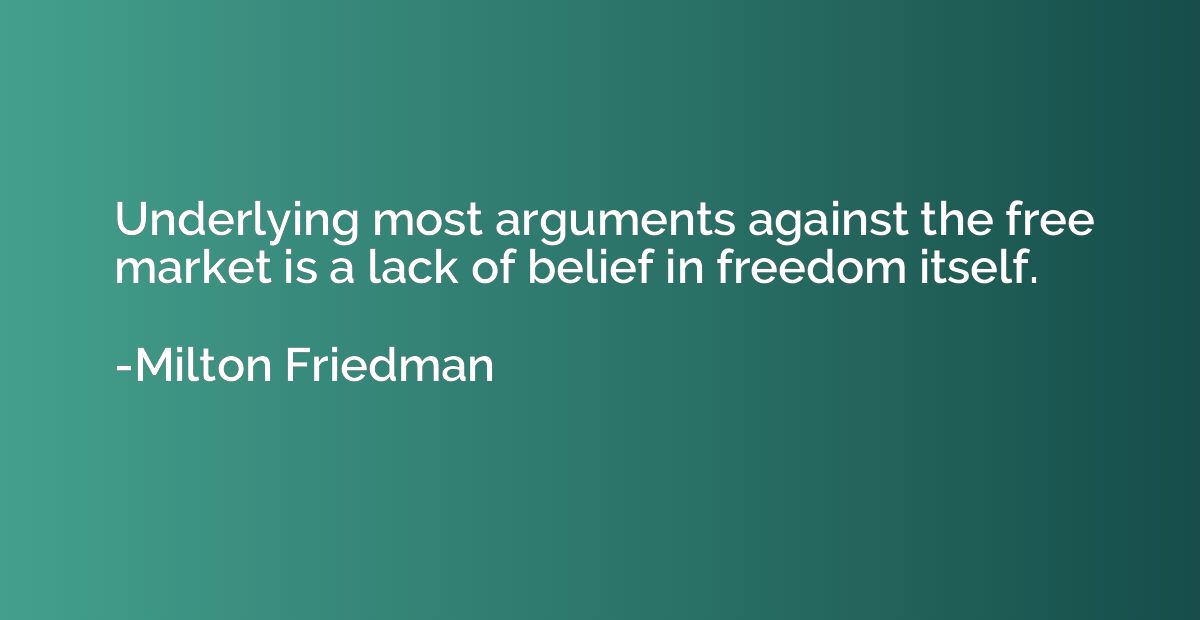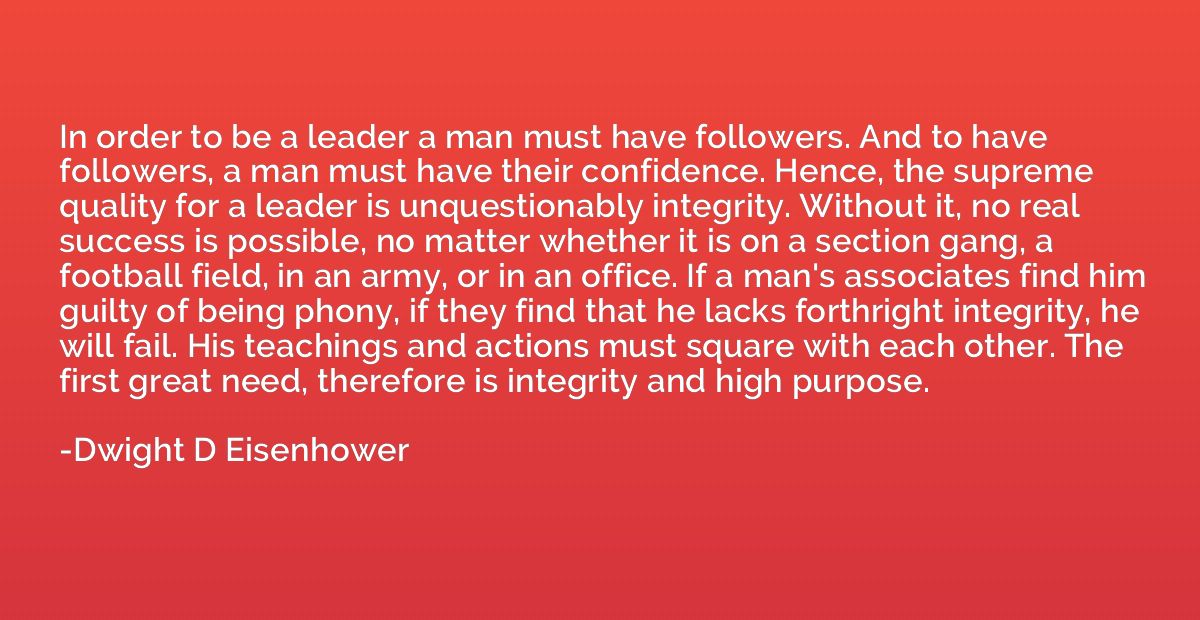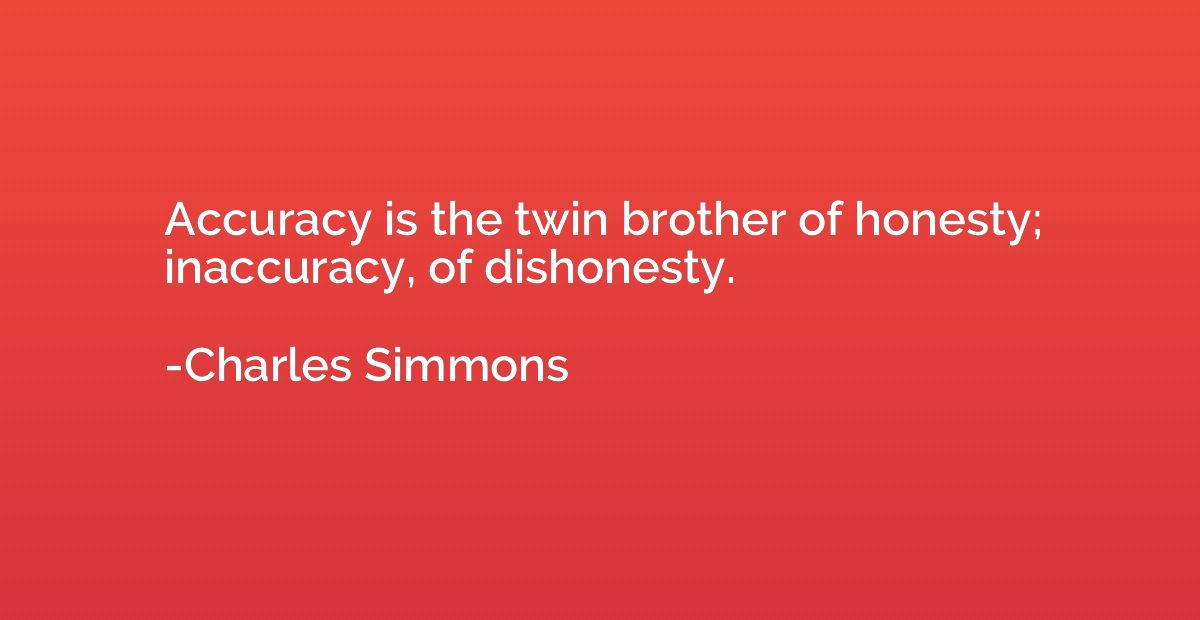Quote by Smedley Butler
There are only two things we should fight for. One is the defense of our homes and the other is the Bill of Rights.
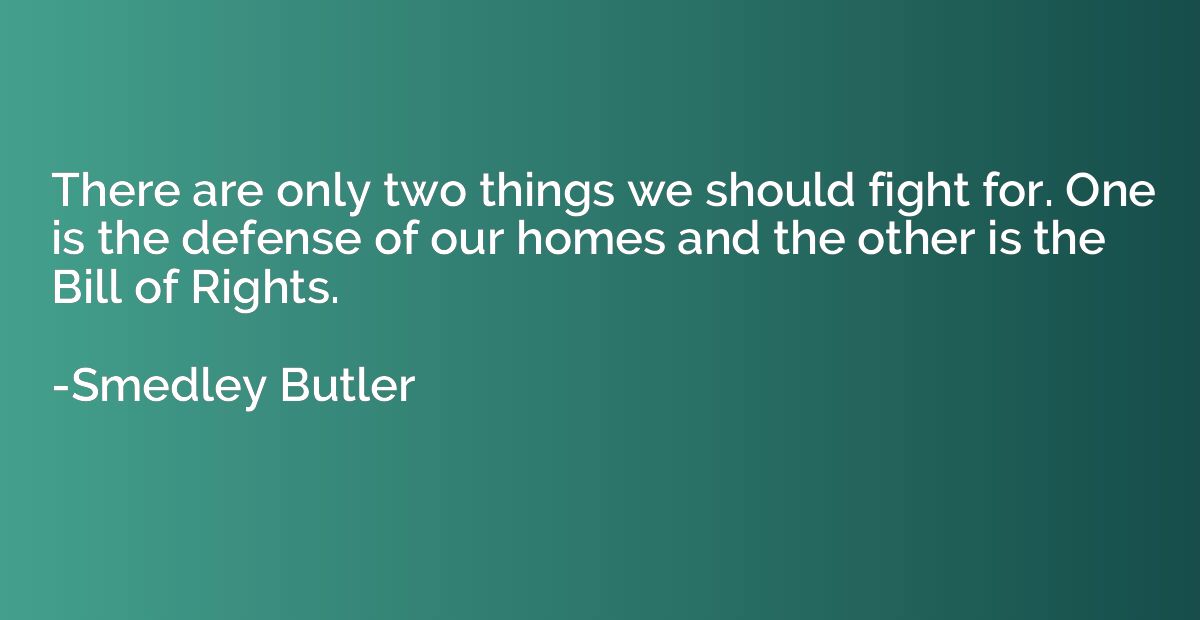
Summary
This quote highlights the author's belief that there are only two justifiable reasons for engaging in a fight or battle. Firstly, they argue for the importance of defending one's home, suggesting that protecting one's loved ones and the place where they feel safe is a worthy cause. Secondly, the quote emphasizes the significance of upholding the principles and guarantees outlined in the Bill of Rights. This suggests that fighting to preserve and protect the individual freedoms and rights bestowed by the constitution is essential. Overall, the quote underscores the importance of defending personal and societal well-being against potential threats and encroachments.



